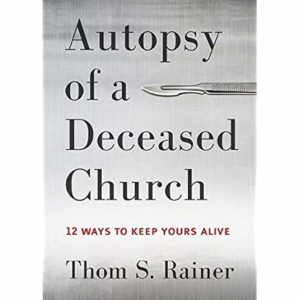 We’re now a couple of weeks into Lent, which started with Ash Wednesday, February 14. Did you “give something up”? If you made that commitment, how is it going for you? Maybe you are fasting from a particular food or a certain behavior. Maybe you are keeping a commitment to focus on your spirituality every day. Or maybe you’re beginning to think of other ways you might honor this season.
We’re now a couple of weeks into Lent, which started with Ash Wednesday, February 14. Did you “give something up”? If you made that commitment, how is it going for you? Maybe you are fasting from a particular food or a certain behavior. Maybe you are keeping a commitment to focus on your spirituality every day. Or maybe you’re beginning to think of other ways you might honor this season.
If you still have a longing to participate in the religious tradition of fasting during this 40-day period before Maundy Thursday, Good Friday, and Easter, you might consider the following suggestions from Pope Francis:
- Fast from hurting words and say kind words.
- Fast from sadness and be filled with gratitude.
- Fast from anger and be filled with patience.
- Fast from pessimism and be filled with hope.
- Fast from worries and trust in God.
- Fast from complaints and contemplate simplicity.
- Fast from pressures and be prayerful.
- Fast from bitterness and fill your heart with joy.
- Fast from selfishness and be compassionate to others.
- Fast from grudges and be reconciled.
- Fast from words and be silent so you can listen.
(source: http://kingscourtparish.ie/2017/02/a-thought-from-pope-francis-for-lent/)
My favorite thing to give up for Lent is resentment. It really does make a difference. God be with you.




 Today the world lost a spiritual giant whose ministry was shared around the world in some 90 countries, and here in the United States with huge crowds of people and with every US President from Harry Truman to George W. Bush.
Today the world lost a spiritual giant whose ministry was shared around the world in some 90 countries, and here in the United States with huge crowds of people and with every US President from Harry Truman to George W. Bush. A friend recently lent me a fascinating and reader-friendly book entitled
A friend recently lent me a fascinating and reader-friendly book entitled  The Bible offers a lot of promises, but there may be none more extraordinary than the one in I John 5:14-15:
The Bible offers a lot of promises, but there may be none more extraordinary than the one in I John 5:14-15: